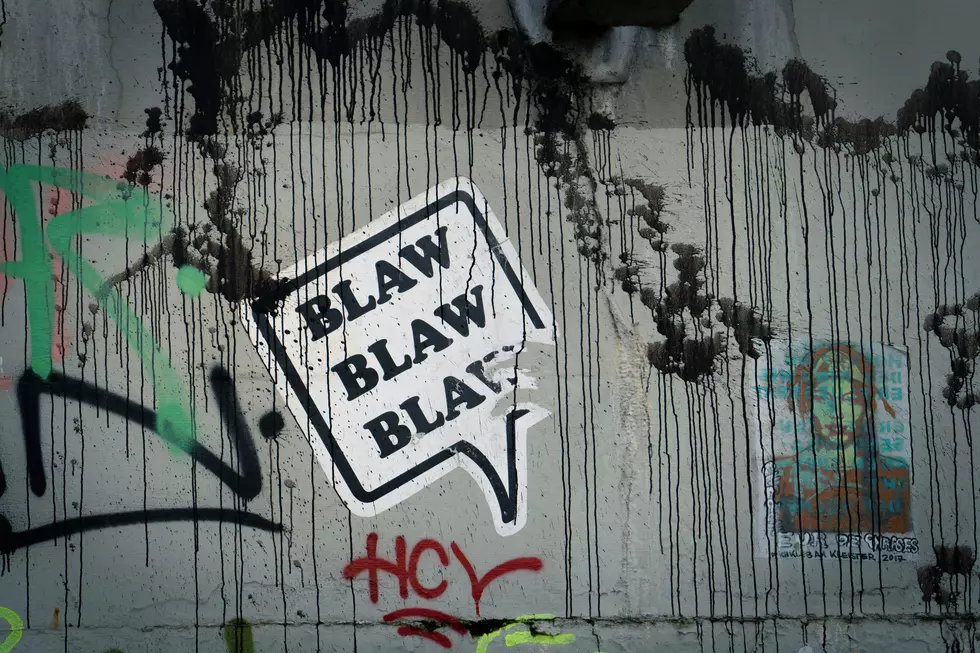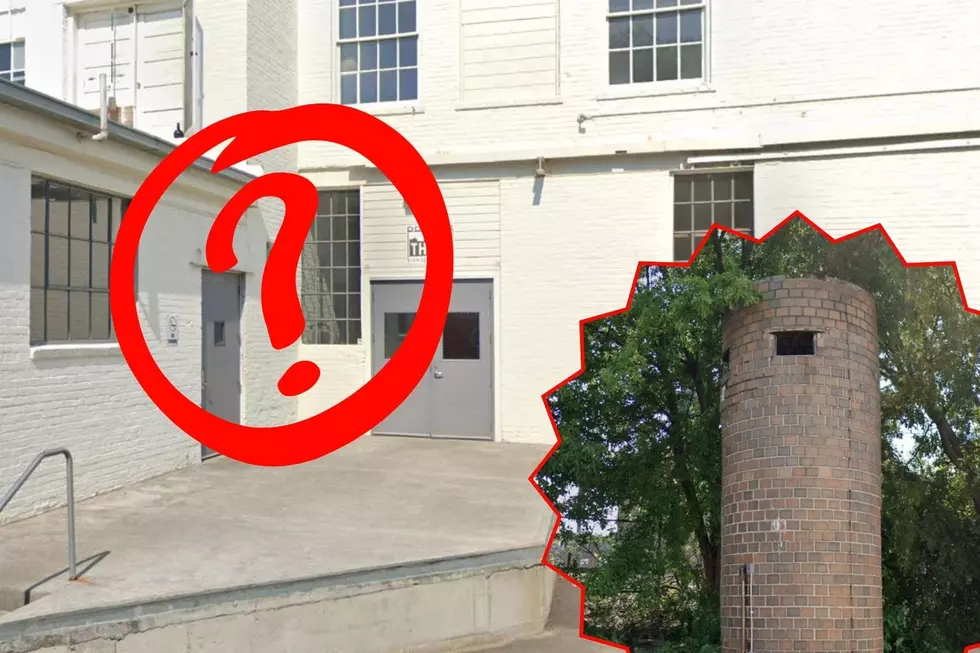
Stearns County Training Deputies in Mental Health Intervention
ST. CLOUD -- As officers get dispatched to more and more mental health calls, training to prepare for them has become a priority, and soon, a requirement.
Last month, a dozen Stearns County Deputies attended a four-day course put on by the Minnesota Crisis Intervention Team (CIT) Officers Association. The goal is to teach officers how to better handle potential incidents involving people with mental illness.
Stearns County Chief Deputy Jon Lentz says the Minnesota Legislature recently mandated that by July of 2018, law enforcement across the state will be required to train in three new areas. This mandate says that 16 of the 48 certification hours peace officers go through include three new training areas.
"You have to make sure that 16 of those hours are in those specific areas of crisis intervention, conflict management, and recognizing and valuing community diversity and cultural differences, and that has to include implicit bias."
Lentz says the CIT the officers went through offers up a range of scenarios that officers may see on a daily basis, from acute to chronic episodes.
"A young person who's had a break up with a boyfriend or girlfriend and is in crisis and perhaps suicidal over that. All the way to someone who has a diagnosed mental illness such as schizophrenia or some other diagnosed mental disorder."
Lentz adds while the training is put on and run by law enforcement officers, they bring in mental health experts to ensure it's as accurate as possible.
"They'll bring in mental health professionals to put on the specific areas that deal with say, schizophrenia or other psychotic disorders, mood disorders. Then in addition to that, for practical exercises, they bring in actors to play the person having the crisis."
The cost of the training was covered by a scholarship for two deputies, and cost $675 for the remaining ten, for a total of $6,750 for the department.
The Minnesota Sheriff's Association says as many as 50% of all inmates have some form of mental illness.
Someone suffering from mental illness may fight with it their entire lives, meaning a few may have several run-ins with police. So the importance of officers being trained in handling mental health has never been higher.
Central Minnesota is pioneering several ideas to with the mental health crisis, watch the video below for more information on what agencies outside of law enforcement are doing to help.
More From AM 1240 WJON









